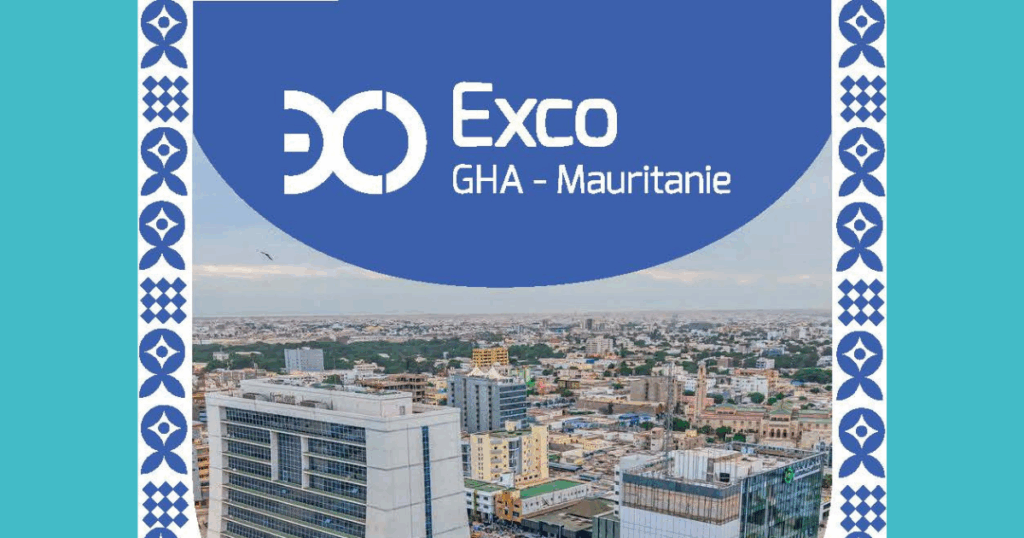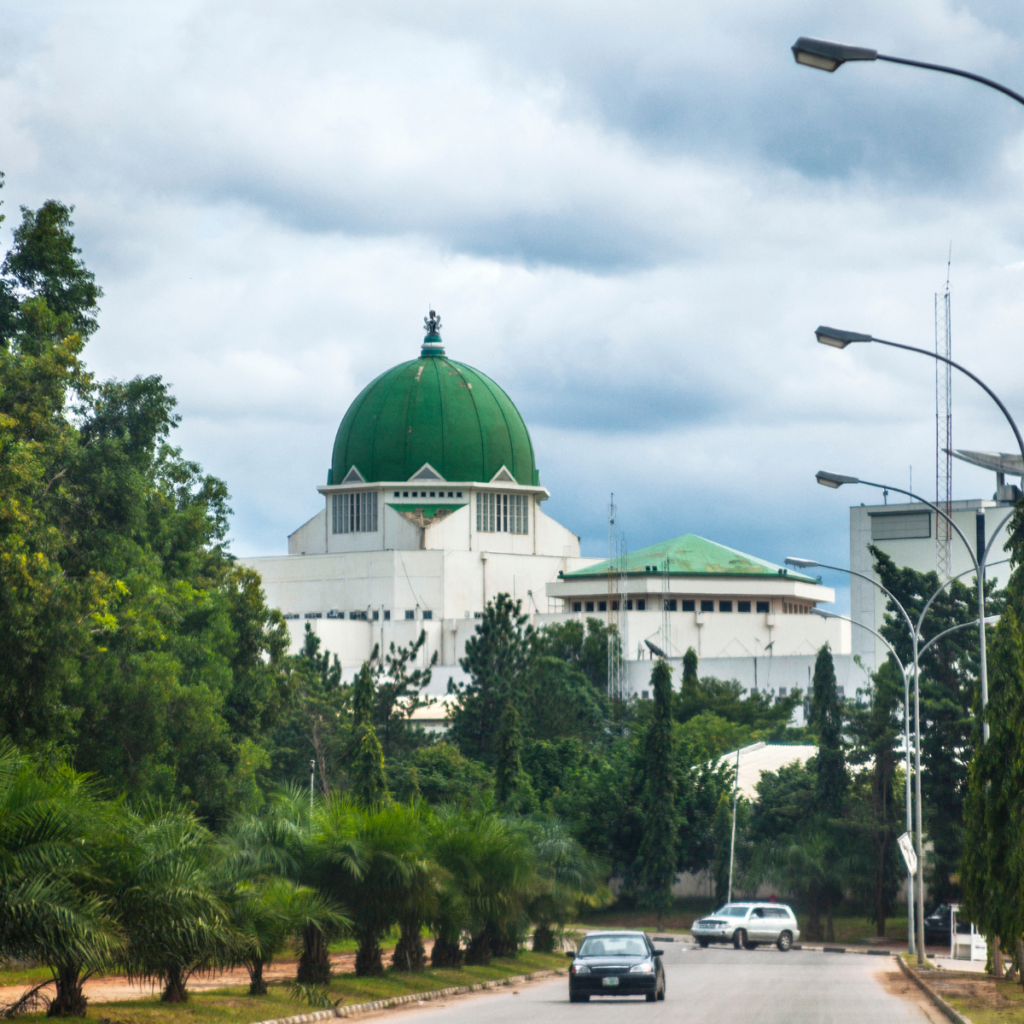Doing business in Mauritius
How quickly can I set up a business?
15-30 days
What is the minimum investment needed?
Investments depend on the scale of the project.
How can I raise finance?
Investors use their own capital.
What structure should I consider?
There are advantages and disadvantages to all of them, and there is no correct answer, as it’s all dependent on your specific business circumstances and needs. Among many other benefits, it is also possible for registration and domiciliation of companies incorporated outside Mauritius if foreign law so permits and thereafter continue as global business companies in Mauritius.
Below is a brief overview of the main structures:
Establishment (a branch of your overseas business):
• A separate legal entity and an extension of the overseas parent company (head office).
• Limited liability or ring-fencing of the Mauritian operations.
• On permanent establishment in Mauritius, profits are liable to Mauritian Corporation tax.
• Where entity which has been registered as a local company representing a branch of a foreign entity in Mauritius, there is also requirement to file branch and head office accounts with the Registrar of Companies.
Limited Company:
• Companies can take the form of local or global business companies (GBCs), funds or protected cell companies (PCC).
• Provides limited liability and ring-fencing to Mauritian operations.
• Gives a perception of a local business with longevity.
• Corporation tax to be paid on company profits.
• Has to submit account at the Registrar of Companies for local companies which may be available for public view and, for global business companies, accounts need to be submitted with the Financial Services Commission which has restricted view.
• Statutory audit is required for local companies generating revenue > MUR 50 million and also for global business companies.
• Authorised Companies are only required to file financial summary with the Financial Services Commission.
• Investors may benefit from an extensive network of Double Taxation Avoidance Treaties (DTAs). Entities holding a Global Business Company License wishing to benefit from a DTA must obtain a Tax Residence Certificate issued by the MRA.
Limited Partnership (LP):
• Members (partners) have limited liability with the exception of general partner.
• Profits are allocated to members who then pay Income Tax on their respective profits through their personal income tax return.
• The tax residence of the member, and where the origin of the profits in the LP will determine in which jurisdiction these profits will be taxed.
Limited Life Company:
• Company can be incorporated as a limited life company and at the same time fulfil the function of limited partnership.
• Such Company can be widely used for private equity funds and management companies
Limited Liability Partnership (LLP):
• Bears the advantages of companies and partnerships: the LLP is a body corporate with separate legal personality and the owners/partners benefit from limited liability up to their contribution towards the partnership.
• The members/partners can decide on the internal organization structure based on an agreed upon Partnership Agreement.
• Such a business vehicle can be used by global law firms, venture capital firms, investment banks, asset managers amongst others.
Foundations:
• Carry the features of Trusts and Corporate entities: Foundations have a separate legal personality, has beneficiaries and reflects the wishes of the Founder.
• Can be considered as non-resident and, therefore, exempt from income tax.
• Can hold a Global Business Licence and be tax resident such that the Foundation would benefit from Double Taxation Avoidance Treaties (DTAs).
• This business vehicle is suitable for Long-term Wealth management, International Tax planning or charitable purposes.
Authorised company:
• Companies conducting business and having their place of central management outside of Mauritius will be required to apply for an authorisation to the FSC to be registered as an ‘Authorised Company’.
• An Authorised Company will be treated as a non-resident for tax purposes in Mauritius and therefore not taxable.
Companies in the Freeport zone:
- Freeport companies engaged in the export of goods are liable to be taxed at the rate of 3% on the chargeable income attributable to exports.
- Effective as of the year of assessment commencing on 1 July 2020, Freeport operators or private Freeport developers engaged in the manufacture of goods will be liable to tax at the rate of 3% from sale of goods on local market, provided certain substance conditions are met.
Trusts:
- Trusts can be resident trusts or non-resident trusts.
- Resident trusts are taxed at 15% and benefit from the Mauritius tax treaty networks.
- Non-resident trusts and their non-resident beneficiaries are exempt from taxes.
- Distributions made by a Trust (resident or non-resident) are exempt from Mauritius tax in the hands of the beneficiaries.
What advice can you give me in regards to payroll and taxation requirements?
How much Corporation Tax will the business pay?
Mauritius has one of the world’s most competitive fiscal regimes.
Key highlights:
• 15% corporate tax, with 80% partial exemption allowed for all companies (including GBC companies) in relation to certain specified foreign-source income subject to the Company meeting necessary substance and company requirements.
• Mauritius has a credit system of taxation whereby foreign tax credit is given on any foreign-source income declared in Mauritius on which foreign tax of a similar character to Mauritian tax has been imposed. (Actual foreign tax suffered overseas is allowed as a credit on foreign-source income.)
• 15% VAT is chargeable on all taxable supplies of goods and services made in Mauritius by a taxable person.
• No withholding tax on payment of dividend
• No capital gains tax.
• Free repatriation of profits and dividends.
• Loss on trading can be carried forward for a period of 5 years.
Income tax exemption for vessel owners:
Owners of foreign vessels registered in Mauritius are exempt from income tax on income derived from the operation of such vessels, including any income derived from the chartering of such vessels. Owners of local vessels registered in Mauritius are also exempt to the extent that the income is derived from deep-sea international trade only.
Innovation-driven activities:
An income tax exemption is available for companies set up on or after 1 July 2017 that are involved in innovation-driven activities for Intellectual Property assets developed in Mauritius. The exemption will apply for eight tax years, starting from the tax year in which the company starts its innovation-driven activities.
Manufacture of pharmaceutical products, medical devices:
An income tax exemption is available for companies set up on or after 8 June 2017 for the manufacture of pharmaceutical products, medical devices, and high-tech. This exemption also applies for eight tax years, starting from the tax year in which the company starts its operations.
Green economy:
Income derived from the exploitation and use of deep ocean water for air conditioning installations, facilities, and services will be exempted for eight tax years. Further, a company incurring expenditure on deep ocean water air conditioning may deduct from its gross income twice the amount of the expenditure incurred in that tax year. That deduction will be allowed for five consecutive tax years, starting from the year in which the expenditure is incurred.
Another tax exemption has been granted on interest derived by individuals and companies from debentures or bonds issued by a company to finance renewable energy projects (the issue must be approved by the Director General of the MRA).
If a company incurs expenditure in a tax year for the acquisition and setting up of a water desalination plant, it may deduct from its gross income twice the amount of the expenditure incurred in that tax year.
R&D expenditure:
During a period from 1 July 2017 to 30 June 2022, if a person has incurred any qualifying expenditure on R&D as described below that is directly related to one’s existing trade or business, one may, in the tax year in which the qualifying expenditure was incurred, deduct twice the amount of the expenditure, provided that the R&D is carried out in Mauritius and no annual allowances have been claimed on the same.
The term ‘qualifying expenditure’ means any expenditure relating to R&D, including expenditure on innovation, improvement, or development of a process, product, or service as well as staff costs, consumable items, computer software directly used in R&D, and development and subcontracted R&D.
Individuals:
Headline Tax Rate: 15%
Whether it is for business or pleasure, Mauritius has long been a year-round destination for High Net Worth Individuals (HNWIs). In addition to being a low-tax jurisdiction, it’s a safe and attractive destination for HNWIs looking for a comfortable lifestyle. The country is also one of the few countries to have come out of the COVID-19 relatively unscathed with very few cases.
Especially with the advent of the Common Reporting Standard (CRS), carefully selecting where to live could have enormous implications on a person’s tax liability and lead to significant tax savings. This is of course subject to the individual meeting all requirements to sever tax residency in the country of origin.
An individual is automatically resident if:
• His/her domicile is in Mauritius and he does not have a permanent place of abode outside Mauritius. or
• He/she spends 183 or more days in aggregate in Mauritius in the tax year; or
• He/she spends 270 or more days in aggregate in Mauritius in the tax year and in the 2 preceding tax years.
Foreigners looking at relocating to Mauritius may do so under several schemes available:
• Acquisition of a residential property through the various schemes available such as Integrated Resort Scheme, Real Estate Scheme, Property Development Scheme, Smart City Scheme and qualifying apartments.
• Professional & Young Professional Occupation Permit
• Investor Residence Permit
• Self-Employed Occupation Permit
• Retired Residence Permit
Although the headline tax is 15%, an individual receiving dividends from a resident entity is not subject to tax. Therefore, a foreign individual owning a GBC can receive all their dividends tax-free. A resident individual may however be subject to a Solidarity Levy on his chargeable income past a certain threshold.
Although individual residents are taxable on a worldwide basis (like most countries), foreign-sourced income is taxable on a remittance basis only. This allows individuals to keep their foreign assets tax-exempt.
In addition, there are no capital gains, inheritance, or estate taxes in Mauritius.
Is there anything else that I should know?
Mauritius is internationally recognised as a reliable investment centre, backed by its ability to ensure the ease of doing business, good governance and transparency, and economic and political freedom.
Mauritius is amongst the top 20 countries in the world for ease of doing business and has over the years consolidated its leadership position in Sub Saharan Africa. This acknowledgement by the World Bank confirms that Mauritius remains a competitive and attractive jurisdiction for the international investors’ community.
Transfer Pricing:
Mauritius does not have any specific transfer pricing legislation. However, there is an arm’s-length provision requiring transactions between related parties to reflect a commercially objective value, which would be the amount charged for the services were the parties not connected.
Our firms in Mauritius
How can Kreston grow your business?
Select your business type:
Latest news

Invest in Mauritania
The latest guide to investing in Mauritania from Exco GHA Mauritanie, “Invest in Mauritania” in English. Learn about investment opportunities in sectors with growth potential.

Kreston Pedabo on the Africa Industrialisation Agenda
Kreston Pedabo share insight on key beneficial legislation for international businesses looking to expand into Africa.

Doing business in Africa
If you are considering doing business in Africa, Kreston Global is a top 10 ranking network in the region, with a significant presence spanning 28 countries, 27 firms and almost 1400 staff.

